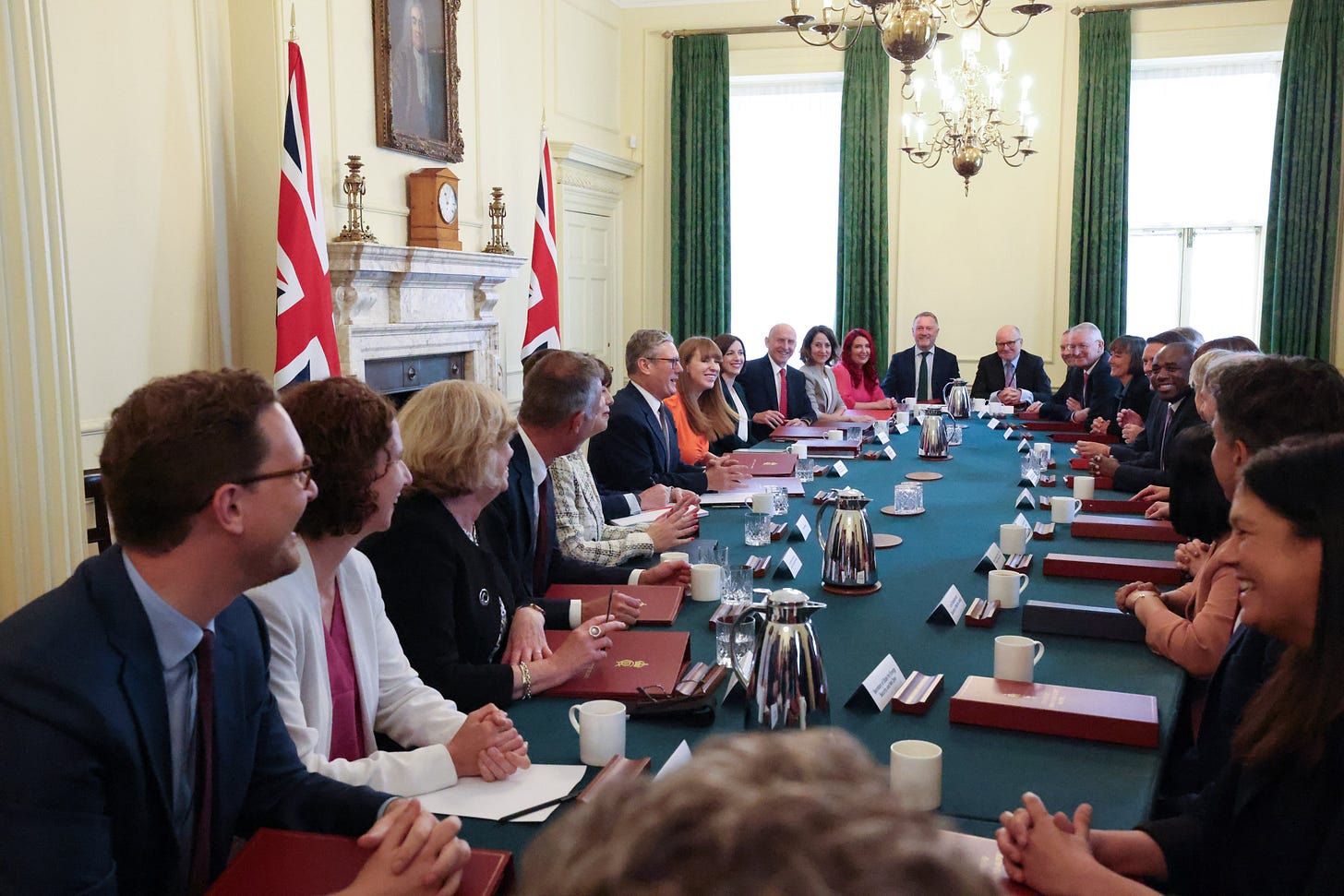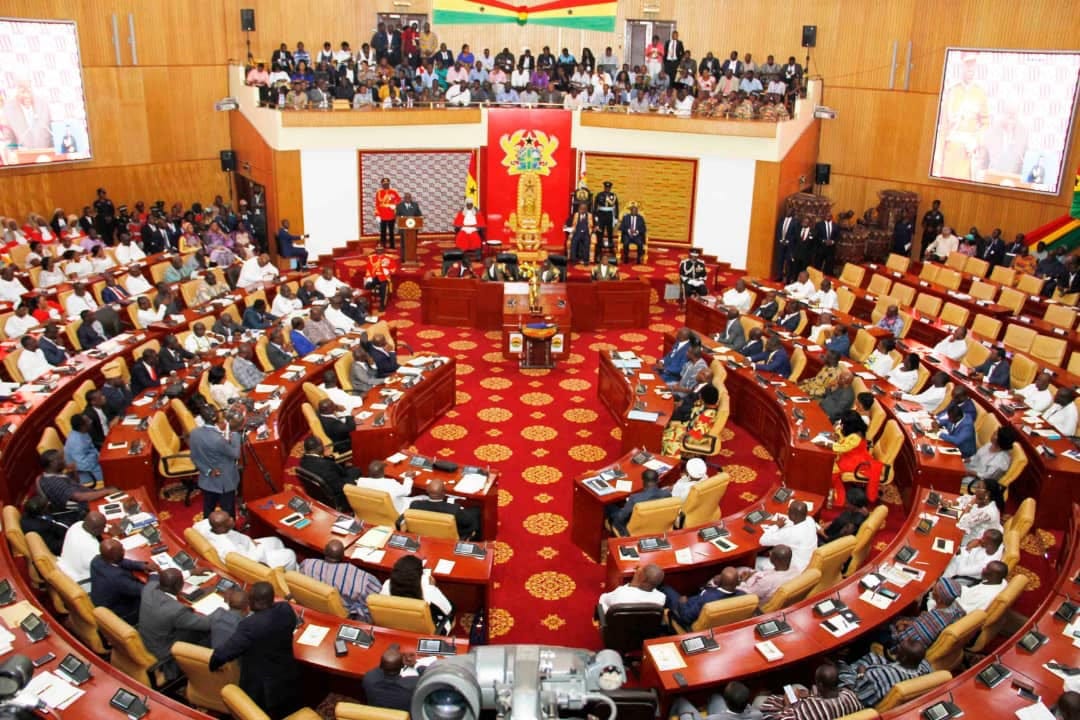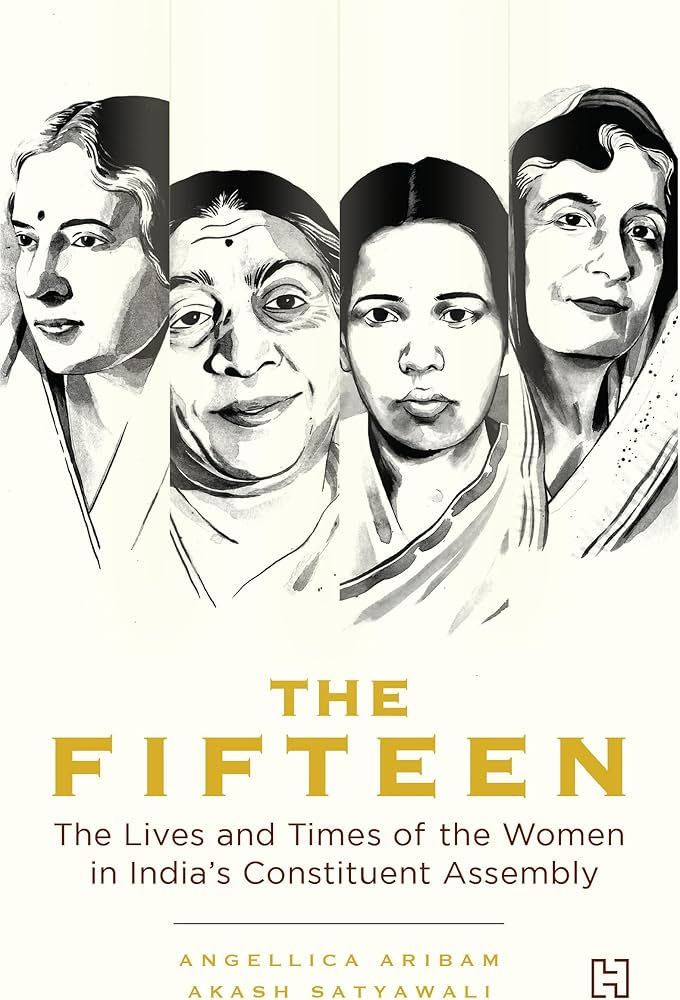Significant strides in UK, Mongolia; Kamala Harris in race to be next US President, and more: All you need to know about women in politics from July
#WomenLead (Issue 152): Your monthly round-up on women in politics
Hello, and welcome to the July edition of #WomenLead!
Welcome to all new readers and subscribers of #WomenLead. It’s been quite a month – with the Presidential race in the USA changing course, our social media feeds have been abuzz, not always with a healthy discourse about women and their personal choices. But there is also a lot of excitement that is palpable.
In this edition, we bring you updates on that and more from Ghana, India, Japan, Nepal, Rwanda, United Kingdom, and a lot more. In case you missed last month’s edition, you can read it here.
Election Watch
Tracking women among candidates and winners
🇬🇧 UNITED KINGDOM: A record number of women – 263 – were elected to the United Kingdom’s House of Commons in the July election that saw the Labour Party come back to power after nearly two decades. Together, they will comprise 40.5 percent of the new house, a significant jump from their share in the previous polls (one-third). The new PM Keir Starmer’s cabinet also includes a record high number of women (who together make-up 46 percent of the cabinet). Angela Rayner, deputy leader of the party, is now UK’s deputy PM, and Rachel Reeves is the chancellor of the exchequer (the Finance Minister), another historic first for a woman in the country.

🇲🇳 MONGOLIA: Mongolia, too, will have a record number of women in its new Parliament, with 32 of them elected across 126 seats in June’s election. This takes the share of women to 25.4 percent, up from 17.3 percent in the previous election. This was the first election after Mongolia brought in a constitutional amendment that increased the number of Parliamentary seats (from 76 to 126) and mandated 30 percent of candidates be women. Read more here.
🇷🇼 RWANDA: Rwanda, which leads the world when it comes to women’s political representation, has strengthened the position further. After July’s Parliamentary election, 63.8 percent of elected MPs are women, up from 61 percent in the previous Parliament, The New Times reported.
🇳🇵NEPAL: Things are, however, not that encouraging in Nepal, where the new coalition government includes only two women in the 22-member Council of Ministers, down from 4 in 20 previously, The Kathmandu Post reported.
🇪🇺 EUROPEAN UNION: The share of women members of the European Parliament (MEPs) stands at 38.8 percent after the June election. This is a percentage point lower than the outgoing Parliament, the first instance of women’s representation recording a decline, EuroNews reported.
Leaders
Updates about women leading countries, states and movements
The month of July turned the campaign for the presidential elections in the United States of America on its head. After resisting demands to step down from the race for weeks, incumbent Joe Biden finally gave way to his vice president Kamala Harris to be his party’s pick for the top post. Harris is now all set to officially become the Democratic Party’s nominee for the November elections, and will face off against Donald Trump.

Harris’ place in history is already secure as the first woman vice president, and she will now aim to go one step further. If she wins, she will become only the first woman in the nation’s 248-year history to reach the political zenith. According to a YouGov poll, she has quickly gained a lead over Trump in approval ratings, a feat that had eluded Biden for months.
No wonder then, Harris has already been subject to a barrage of misogynistic and racist comments from Trump and his running mate JD Vance, and several others. Sadly, there might be a lot more in store for her as she prepares to hit the glass ceiling of American politics: as this thread on X shows, her journey to become vice president in 2020 was ugly enough. May the best man or woman win, but can we please be spared the sexism? It’s 2024 now!
Meanwhile, in Japan, Yuriko Koike has been re-elected as Tokyo’s governor for the third consecutive term. She became the first woman to be elected as governor of the capital city in 2016, and has held on to the position ever since.
On-the-job Updates
Spotlighting women’s experiences in political office
The Pakistan Parliament’s speaker, Mr. Ayaz Sadiq, thinks that making eye contact with women is not appropriate – even if the women are members of Parliament and addressing the chair as part of their roles. Sadiq’s views came to light (and quite sensationally so), after a video from the Pakistan Parliament was circulated online. As Zartaj Gul, an MP, requested the speaker to make eye contact while she was speaking, Sadiq was clear in his response, “I will listen, but I cannot make eye contact with a woman as it does not appear appropriate.” What great professionalism, and what great discourse. We are indeed left speechless.
😌👀 But at least Sadiq was only being shy.
Not too far away, Nitish Kumar, the Chief Minister of the Indian state of Bihar, decided to be just the opposite (and we wish he had been a little shy) when he told a woman member of the legislative assembly to “sit down and listen” because wait for it… “You are a woman and you don’t know anything”. (Too much melody for our ears!). This comment was made as members of the Opposition were criticising a proposed law and shouting slogans in the well of the house. Kumar was not pleased, but he decided to direct his ire at Rekha Devi:
“You are a woman. Do you realise that it was only after I assumed power that women started getting their due in Bihar? You are a woman, (still) you do not know anything.” Read more in the Economic Times here.
Policy Watch
Because policy shifts matter
Women currently comprise only 14.6 percent of Ghana’s MPs. The country’s Parliament has passed the Affirmative Action Gender Equity Bill, 2024, with the aim to promote gender equity in the public and private sector, generating hope that the share will improve soon.
Once it comes into effect, the law will also pave the way for improved representation of women in political office. Among its many provisions, the bill states that the government will “ensure progressive equitable representation of women in public office, governance and decision-making positions.”
Reading List
The more one learns, there’s only more to learn
“How a secret BJP war room mobilized female voters to win the Indian elections”: Wired
“New strains of misogyny fuel old battles”: The Guardian
“Women in politics: How far has Asia come?”: DW
“Women gradually rise in Japanese politics but face deep challenges”: Associated Press
“Young men are swinging hard right in Korea. It could be a preview for America”: Politico
Two first-time women MPs in India – Iqra Choudhary and Shambhavi Chaudhary - write about their vision in The Indian Express here and here
Community Watch
A quick round-up from the community working at the intersection of gender x politics
In the USA, the National Press Foundation has released guidelines for journalists covering women in politics. Find it here.
“The Fifteen”, Angellica Aribam and Akash Satyawali’s book about the lives and times of the 15 women members of India’s Constituent Assembly was released earlier this month. Read more about it here.
On August 15, Gender Links will launch its Women’s Political Participation Africa Barometer. RSVP here.
Represent Women released the 2024 edition of its flagship Gender Parity Index. Find out how different states in the USA perform here.
That’s a wrap for this month! Liked this edition? Then press the ❤️ button and show us some love! And please, please do share this with a friend or on your social media accounts. There’s frankly nothing quite like reader love and endorsement, so please keep it coming! Thank you!
Disclaimer: #WomenLead is a non-partisan newsletter produced in a personal capacity, and does not reflect any institutional affiliation/opinion. In case of any questions, please drop in a message at womenlead.project@gmail.com.





